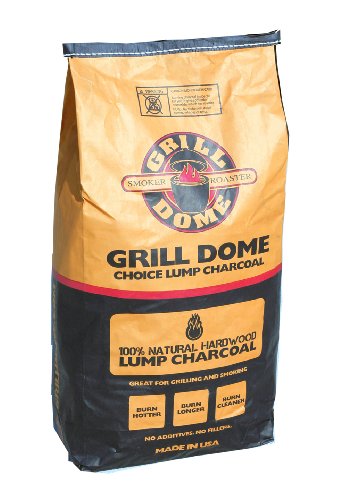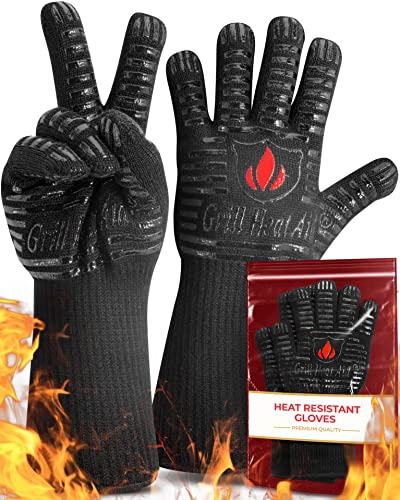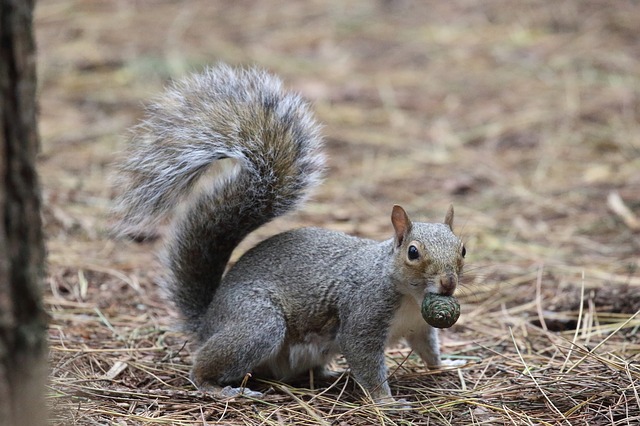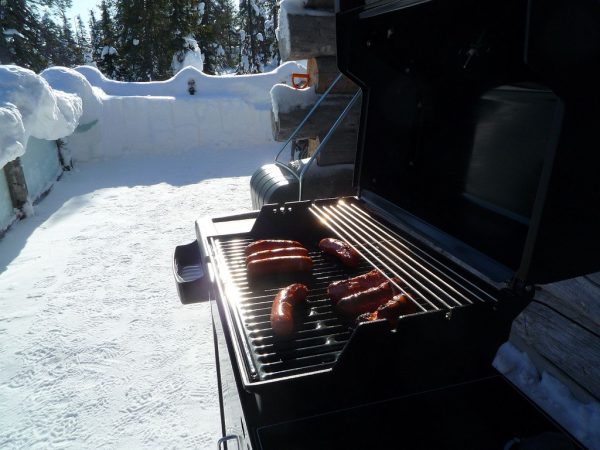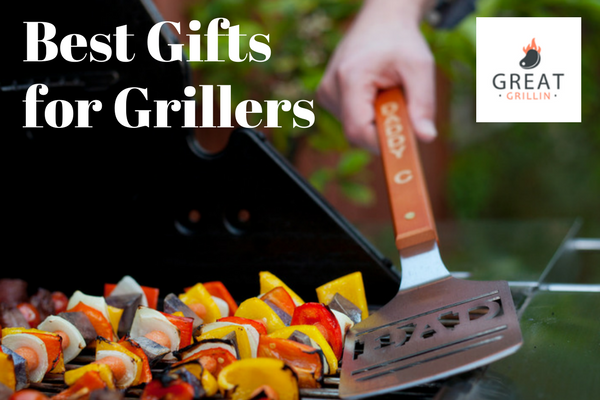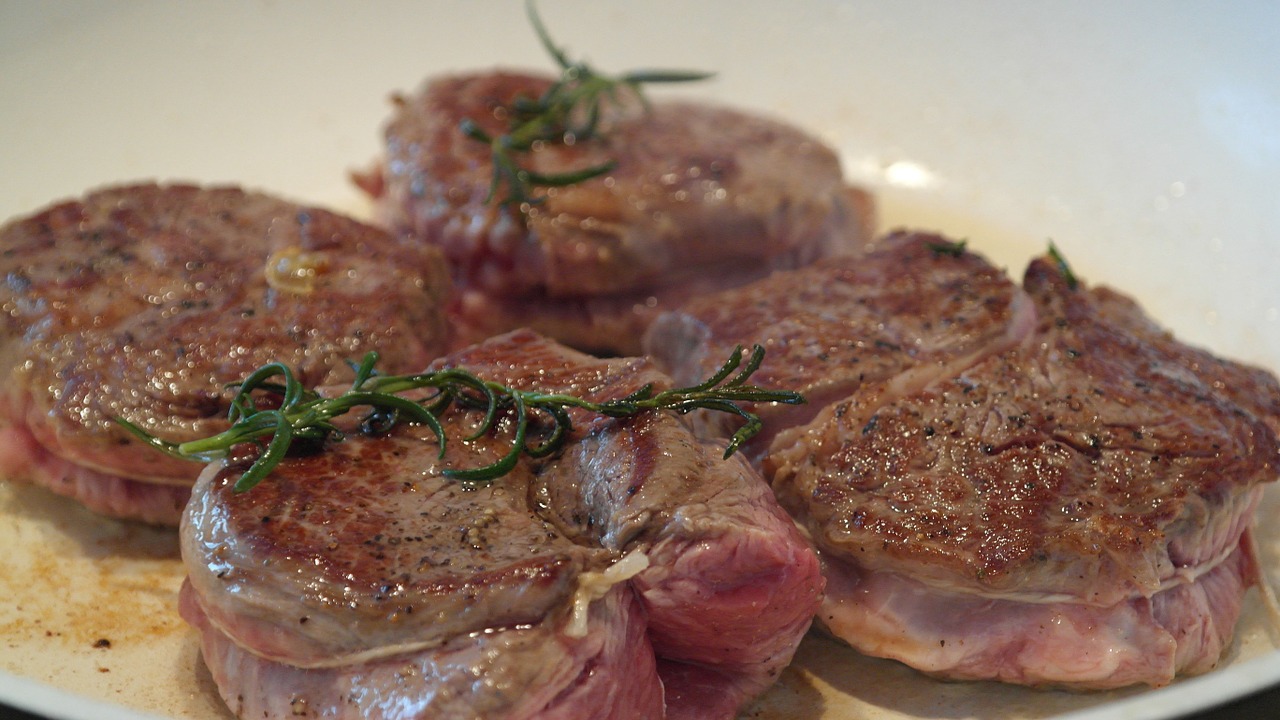
Depending on where you live, dry rubs are either “the only way” to season your meat of choice or one of a handful of seasonings collecting dust in the spice cabinet. Southerners are especially fond of dry rubs, particularly in Cajun country, but the method is catching on across the country. They’re packed with flavor in a way totally unique to other seasoning methods like liquid marinades. So, what exactly is a dry rub and how do you use it? Let’s break it down.
What is a dry rub?
Dry rubs are typically a blend of spices and herbs meant to be rubbed onto a cut of meat to give it flavor while grilling. They use the meat’s own natural moisture to stay put. (As opposed to “wet rubs” that use water or oil to form a paste that sticks.) Just about any herbs and spices can be used, depending on your preference, but many grilling masters support using contrasting flavors. Balancing sweetness, spiciness, and savory flavors gives deep dimensions to barbecued meat, thus most rubs begin with a base of salt, pepper, and sugar. Paprika is also a common ingredient, both for flavor and as a color enhancer.
How do you use a dry rub?
Dry rubs are surprisingly versatile; they can be used on virtually all types of grilling meat, though certain blends taste better on certain meats, poultry, or fish. Many store bought rub blends are made to be sprinkled or rubbed into the meat just before grilling. While this is a fast and easy method when you’re strapped for time, you’ll achieve richer flavor if you let the rub cure for a few hours covered in the refrigerator. It takes around two to four teaspoons of rub per pound of meat. Use your fingertips to rub it in, it doesn’t take a lot of pressure to get it to stick. Dry rubs aren’t just for meat either! Sweet “dessert” rubs are excellent flavor boosters for grilled fruit too.
As for any type of meat prep, there are some safe handling procedures to follow when working with dry rubs:
- Always make sure you wash your hands before and after handling raw meat. Clean all surfaces and tools that come into contact with raw meat too.
- If you’re working with spicy ingredients such as chili powders and peppers, be extra careful to keep your fingers away from your eyes. (Even after you wash your hands, the capsaicin that makes peppers spicy can linger, so it’s best to avoid your eyes for at least a few hours.)
- If you plan to give a homemade dry rub blend as a gift, make sure you use air-tight containers and date the rub. Most are good up to six months, after which they begin to lose their flavor. For the best flavor, use the freshest ingredients you can find.
Which seasoning flavors pair best with which meats?
This is always up to personal preference first, but there are some flavors most agree work better than others. Salt is almost universally used, though many grillers urge that salt shouldn’t be included in the actual rub mix. Reasons to keep salt separate include the fact some meats are already cured or brined beforehand, consideration for those on low-sodium diets, and a preference for dry brining. Dry brining is essentially rubbing meat with kosher salt and letting it sit covered in the refrigerator for a few hours in order to soften the surface of the meat to allow the spice rub to penetrate deeper.
Aside from salt and pepper, there are some flavors that tend to pair well with anything. This can be a handy basic blend that lends itself well to experimentation.
Basic Dry Rub Recipe
Equal parts: kosher salt, sugar (or brown sugar), peppercorn, paprika
With this mix as a base, you can add herbs and spices that suit the meat you’re working with. Basil is a good edition for beef and poultry, as is Bay Leaf, Curry Powder, Rosemary, Sage, and Thyme. For fish, consider adding Cayenne, Chives, Dill, Lemon Zest, and Parsley. Pork pairs well with Allspice, Caraway, Cloves, Fennel, and Ginger.
Of course, these are all merely suggestions. There’s no limit to your creativity in creating your perfect dry rub. Inspired chefs have used all kinds of seemingly weird ingredients to make fantastic barbecue, including coffee and cocoa powder. Once you get the hang of these versatile blends you may never season meat any other way.


 Amazon.com
Amazon.com 
